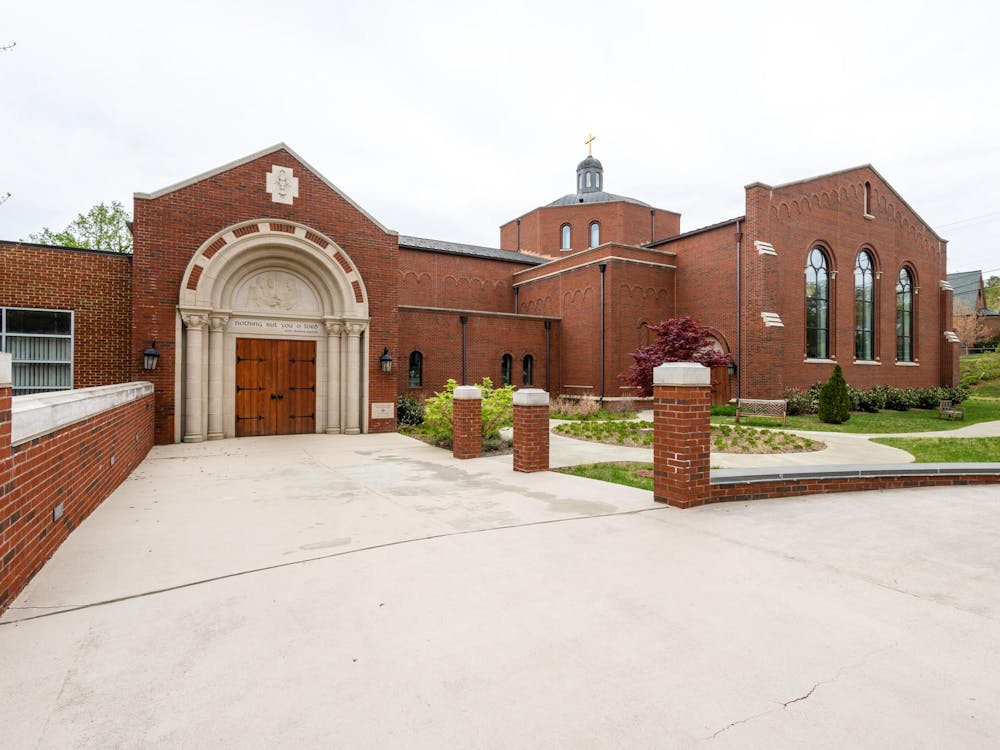A study released Thursday by the National Student Clearinghouse found a sizable proportion of students who transferred from community colleges into four-year institutions go on to receive bachelor’s degrees, despite concerns that community college transfers are less likely to succeed in four-year institutions.
Forty-five percent of students who completed a degree at a four-year institution in the 2010-2011 academic year had previously attended a two-year institution, the clearinghouse found. The clearinghouse is a nonprofit that conducts research for 3,300 colleges and universities across the nation that enroll 96 percent of U.S. postsecondary students. The clearinghouse used enrollment and degree information from all its institutional members for the study.
The study’s results prove transfer students do in fact succeed once enrolled in a four-year institution, clearinghouse spokesperson Paula Newbaker said.
“It shows that community colleges have an important role to play in helping students receive an advanced postsecondary degree,” Newbaker said in an email. “It is also an encouraging finding for students who would like to transfer from two-year to four-year institutions.”
About 60 percent of all transfer students graduated with a bachelor’s degree or higher within four years of transferring, and another 12 percent were still enrolled after four years, according to the study. This figure remained constant regardless of whether they transferred in 2005 up through 2008.
The University enrolls roughly 500 transfers each fall and another 30 to 35 in the spring semester, Associate Dean of Students Laurie Casteen said. “A very large number come from the Virginia Community College System,” Casteen said. “We admit many students from Northern Virginia Community College and Piedmont Virginia Community College in particular.”
The University’s transfer student peer advisors program, run through the Office of Orientation and New Student Programs, provides peer-to-peer mentoring for incoming transfer students as well as periodic programs to inform transfers about resources at the University.
“Our transfer student community is vibrant, diverse and active in the University community,” Casteen said.
Carrie Kisker, who studies community colleges for the clearinghouse, stressed that students who transfer from community colleges to four-year universities work hard to do so. “Students don’t start at community college because they want to … They do it because they don’t have a lot of other options,” Kisker said. “To make it as far as they do — to a four-year institution — they aren’t going to give up easily. Their struggles aren’t over, but they know how to keep at it.”






